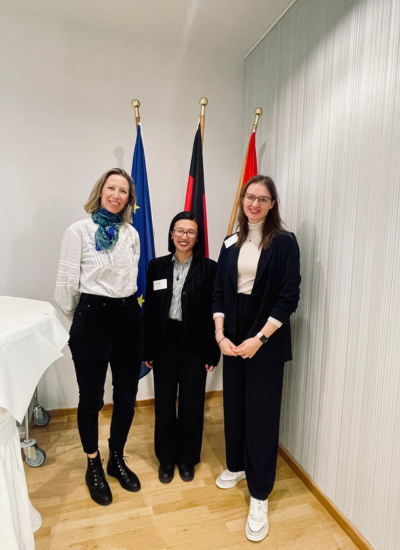On 15th October ISC3 participated in a roundtable event at the Representation of the State of Hessen to the European Union in Brussels dealing with Circular Economy – Policy Making for Traceability of Chemicals along Value Chains, organized by the German Federal Environment Agency (UBA) and the Darmstadt University of Applied Sciences. Based on the results of the Interreg North-West Europe project ECHT - Enable Digital Product Passports with Chemicals Traceability for a Circular Economy” 1and expert contributions from textile value chains and NGOs, an active exchange between relevant stakeholders from industry and policy-makers was enabled, counting about 50 participants from Europe.


